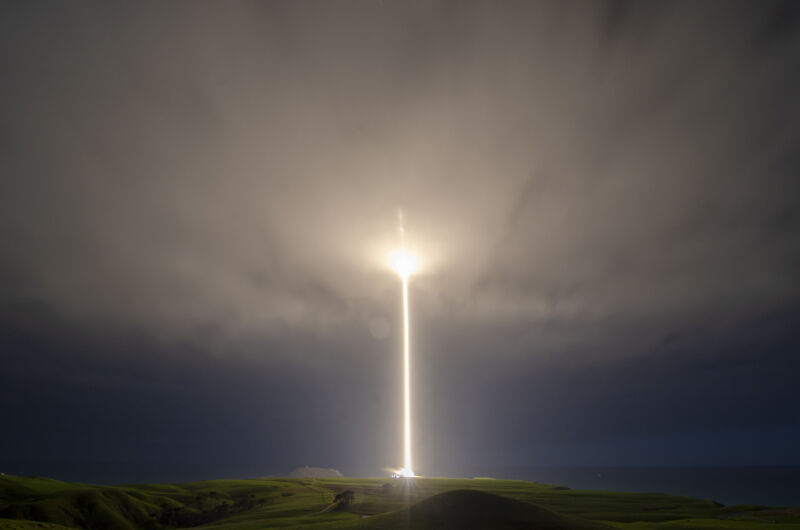How small satellites are radically remaking space exploration

Enlarge / An Electron rocket launches in August 2019 from New Zealand. (credit: Sam Toms/Rocket Lab)
At the beginning of this year, a group of NASA scientists agonized over which robotic missions they should choose to explore our Solar System. Researchers from around the United States had submitted more than 20 intriguing ideas, such as whizzing by asteroids, diving into lava tubes on the Moon, and hovering in the Venusian atmosphere.
Ultimately, NASA selected four of these Discovery-class missions for further study. In several months, the space agency will pick two of the four missions to fully fund, each with a cost cap of $450 million and a launch late within this decade. For the losing ideas, there may be more chances in future years-but until new opportunities arise, scientists can only plan, wait, and hope.
This is more or less how NASA has done planetary science for decades. Scientists come up with all manner of great ideas to answer questions about our Solar System; then, NASA announces an opportunity, a feeding frenzy ensues for those limited slots. Ultimately, one or two missions get picked and fly. The whole process often takes a couple of decades from the initial idea to getting data back to Earth.
Read 34 remaining paragraphs | Comments